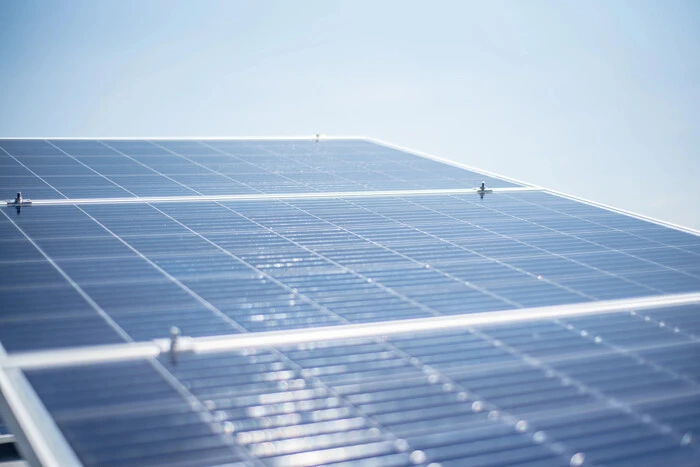Scientists have named the ecological risks of solar panels.


Researchers from Cornell University found that floating solar panels can increase greenhouse gas emissions in small water bodies by nearly 27%. The results of the study were published in the journal Environmental Science & Technology.
The scientists claim that floating solar panels have several advantages. They generate green energy, save land space, and reduce water evaporation rates. However, the research showed that they can also harm nature.
As part of the experiment, the researchers covered 70% of the surface of three small ponds at the Cornell Experimental Pond Facility with solar panels.
As a result, it was found that methane and carbon dioxide emissions increased by 26.8%, while the oxygen level in the water significantly decreased compared to ponds without solar panels.
The scientists explain that placing solar panels on small water bodies significantly reduces oxygen availability for organisms, disrupts ecological processes, and alters wind speed across the water's surface. They urge to limit the coverage of water bodies with solar panels to a maximum of 70%.
A precise quantitative assessment of greenhouse gas emissions related to the deployment of FPV is necessary to understand the trade-offs regarding the sustainability of this new renewable energy technology. - researchers emphasized.
Read also
- In Ukraine, the 'Shahed' drone equipped with a camera and artificial intelligence module was discovered for the first time
- Enemy losses as of June 19, 2025 – General Staff of the Armed Forces of Ukraine
- It has become known who will now lead the 'Madyar Birds' brigade
- Online Combat Map in Ukraine as of June 19: Frontline Situation
- Frontline situation as of June 18, 2025. Summary of the General Staff
- The bill on dual citizenship has been adopted, search operations in Kyiv completed. Main news for June 18










